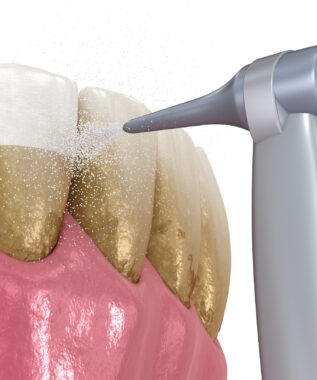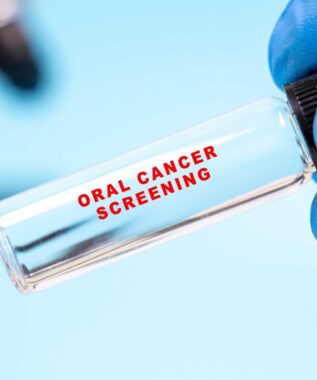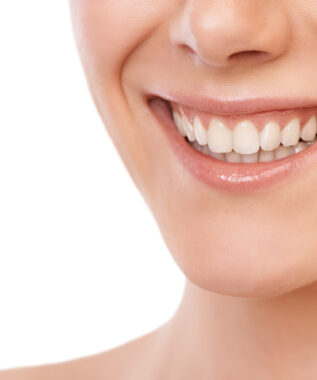 Some symptoms of oral health concerns are obvious, and the moment you experience them, you have a good idea what to do about it. For example, if your tooth hurts, you might automatically know something’s wrong with your tooth, even if you don’t know exactly what. However, not all oral health problems are that easy to detect, and not all warning signs are as easily recognizable as a toothache. For instance, if you notice that you grind your teeth a little more often than usual, how would you know if it’s just a habit, or a sign that you have bruxism?
Some symptoms of oral health concerns are obvious, and the moment you experience them, you have a good idea what to do about it. For example, if your tooth hurts, you might automatically know something’s wrong with your tooth, even if you don’t know exactly what. However, not all oral health problems are that easy to detect, and not all warning signs are as easily recognizable as a toothache. For instance, if you notice that you grind your teeth a little more often than usual, how would you know if it’s just a habit, or a sign that you have bruxism?
The nature of chronic bruxism
Grinding your teeth often enough could potentially cause them some level of damage, but there are significant differences between a teeth-grinding habit and a bruxism condition. When you have bruxism, it may be the result of one or more underlying factors with your oral health, bite alignment, or certain environmental factors. Unlike a typical habit, it isn’t something you can train yourself out of, or stop with sheer willpower. To stop bruxism and protect your smile, you may need to address the factors that cause it, as well as treat it professionally to stop the condition from causing significant damage to your teeth.
How to tell if it’s a bruxism problem
Knowing the difference between teeth-grinding and bruxism isn’t always easy, especially if you’re trying to assess your own condition. However, if you make an effort to stop grinding your teeth and are unsuccessful at it, then it may be a bigger problem. The best way to know for sure is to have your dentist carefully examine your teeth and oral health to check for potential underlying factors, as well as signs such as the wearing down of your teeth’s chewing surfaces.
What you can do about it
If your dental examination reveals that you have bruxism, then it’s important to address it and put a stop to the grinding of your teeth as soon as possible. The good news is that, if you address it early, treating your bruxism problem can be comfortable and convenient with the help of a custom-designed oral appliance, which can stop your teeth from damaging each other by grinding together at night. If your teeth have sustained some damage, or if the cause of your bruxism is an underlying oral health problem, then you may need additional treatment to resolve your condition.
Learn if your teeth-grinding is bruxism
If you aren’t sure whether you grind your teeth out of habit, or because you have a bruxism problem, then it may be a good idea to visit your dentist for an examination. To learn more, schedule an appointment with us by calling Dreem Dentistry in Leawood, KS, today at 913-681-5500. We also serve patients who live in Overland Park and all surrounding communities.






